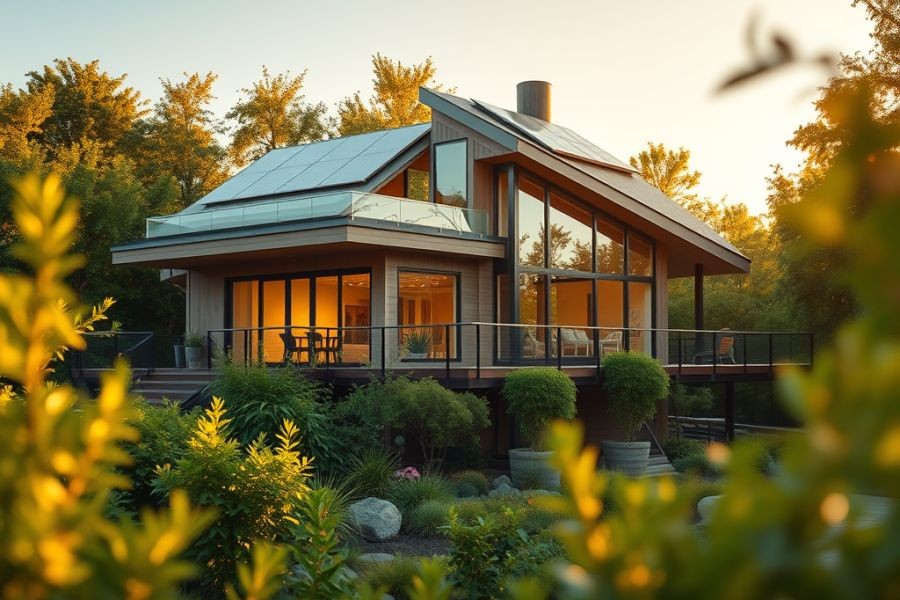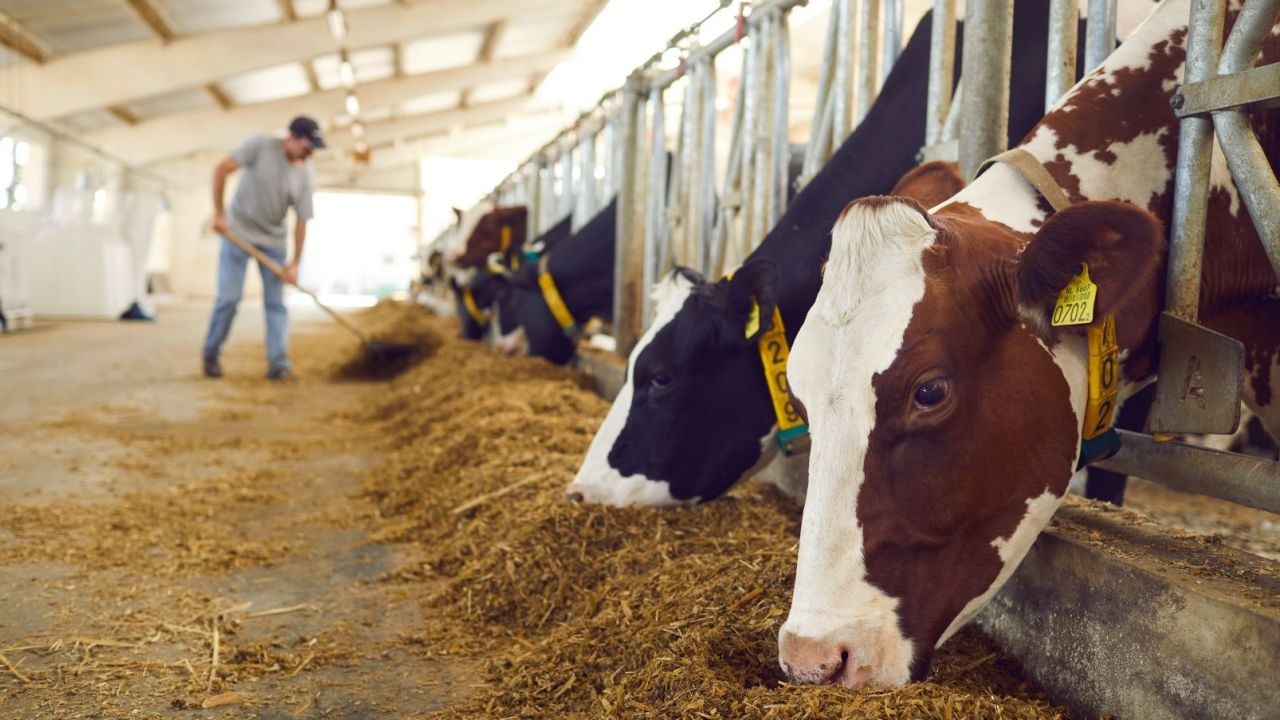The housing landscape in New Zealand is undergoing a transformation, driven by the increasing demand for sustainable living options. As global awareness about climate change grows, Kiwis are becoming more conscious of their environmental footprint, seeking homes that not only provide comfort but also contribute positively to the planet. This shift is not just a trend; it is shaping the future of the country's real estate market.
The Rise of Sustainable Housing in New Zealand
New Zealand's commitment to sustainability is evident in its policies and community initiatives. According to the Ministry of Business, Innovation and Employment (MBIE), the country has set ambitious goals to reduce greenhouse gas emissions by 30% from 2005 levels by 2030. This drive towards sustainability has permeated the housing sector, with eco-friendly projects gaining popularity across regions.
One notable example is the Hobsonville Point development in Auckland, which integrates green building practices, offering energy-efficient homes with reduced carbon footprints. This community has become a benchmark for sustainable living, showcasing the potential for large-scale projects to align with New Zealand’s environmental goals.
Data-Driven Insights: The Impact on New Zealand's Economy
Statistics New Zealand reports a 35% increase in the number of building consents for new homes in 2023, with a significant portion attributed to sustainable housing projects. This surge reflects not only the environmental benefits but also the economic incentives driving the sector forward. The construction industry, a cornerstone of New Zealand’s economy, is witnessing a boom, creating jobs and boosting GDP.
Moreover, sustainable housing is attracting international investors, drawn by the stability and growth prospects in New Zealand's property market. The Reserve Bank of New Zealand highlights that foreign investment in eco-friendly projects has risen by 12% in the past year, underscoring the global interest in New Zealand's sustainable development efforts.
Case Study: The Wynyard Quarter Development
Problem: The Wynyard Quarter, a historic industrial area in Auckland, faced challenges due to outdated infrastructure and environmental degradation.
Action: A comprehensive redevelopment plan was initiated, focusing on sustainability. The project incorporated green building technologies, renewable energy sources, and water conservation measures, transforming the area into a vibrant, eco-friendly urban space.
Result: The redevelopment has resulted in a 40% reduction in energy consumption and a 25% decrease in water usage. Public spaces have been revitalized, attracting businesses and residents alike, and boosting local economic activity.
Takeaway: This case study demonstrates the potential of sustainable development to revitalize urban areas, providing economic and environmental benefits. New Zealand businesses can replicate these strategies, capitalizing on the growing demand for eco-friendly spaces.
Pros and Cons of Sustainable Housing
Pros:
- Environmental Impact: Sustainable housing reduces carbon emissions and conserves resources, contributing to a healthier planet.
- Long-Term Savings: Energy-efficient homes lower utility bills, offering cost savings over time.
- Increased Property Value: Eco-friendly homes often appreciate faster, attracting environmentally conscious buyers.
- Health Benefits: Improved air quality and natural lighting enhance the well-being of residents.
Cons:
- Initial Costs: Sustainable materials and technologies can lead to higher upfront costs.
- Limited Availability: Eco-friendly homes are still a niche market, with fewer options in some areas.
- Maintenance Complexity: Advanced systems may require specialized maintenance and repairs.
- Regulatory Challenges: Navigating building codes and obtaining certifications can be complex.
Debunking Common Myths
Myth: Sustainable homes are too expensive to build.
Reality: While initial costs may be higher, long-term savings from energy efficiency and lower maintenance often offset this investment. Statistics show that homeowners can save up to 25% on energy bills annually (Source: NZ Energy Efficiency and Conservation Authority).
Myth: Green homes are only for environmentalists.
Reality: The benefits of sustainable housing, such as health improvements and cost savings, appeal to a broad spectrum of buyers beyond just environmental enthusiasts.
Myth: Eco-friendly homes are not durable.
Reality: Sustainable homes are built with high-quality materials designed for longevity, often outperforming traditional homes in terms of durability and resilience.
Future Trends and Predictions
The future of sustainable housing in New Zealand is promising. By 2030, it is predicted that 50% of new residential constructions will incorporate sustainable practices, driven by policy incentives and consumer demand. The adoption of smart home technologies will further enhance energy efficiency, making sustainable living more accessible and appealing.
Furthermore, with advancements in building materials and construction methods, the costs associated with sustainable housing are expected to decrease, making it a viable option for more New Zealanders.
Conclusion
The growth of sustainable housing projects in New Zealand is a testament to the country’s commitment to environmental stewardship and economic resilience. As the demand for eco-friendly homes continues to rise, New Zealand is poised to lead by example, setting a benchmark for sustainable development worldwide.
If you're considering a move towards sustainable living, now is the time to explore the opportunities available in New Zealand's dynamic housing market. Share your thoughts on this exciting trend in the comments below!
People Also Ask
- How does sustainable housing impact New Zealand's economy? Sustainable housing boosts the economy by creating jobs and attracting foreign investment, with a 12% rise in international interest noted by the Reserve Bank of New Zealand.
- What are the benefits of sustainable housing? Benefits include reduced energy consumption, improved air quality, and increased property value, making it a smart investment for the future.
- Are there any challenges with sustainable housing in New Zealand? Challenges include higher initial costs and regulatory complexities, but long-term savings often outweigh these barriers.
Related Search Queries
- Sustainable housing projects in New Zealand
- Eco-friendly homes NZ
- Green building practices Auckland
- Sustainable living benefits
- Future of housing in New Zealand

























